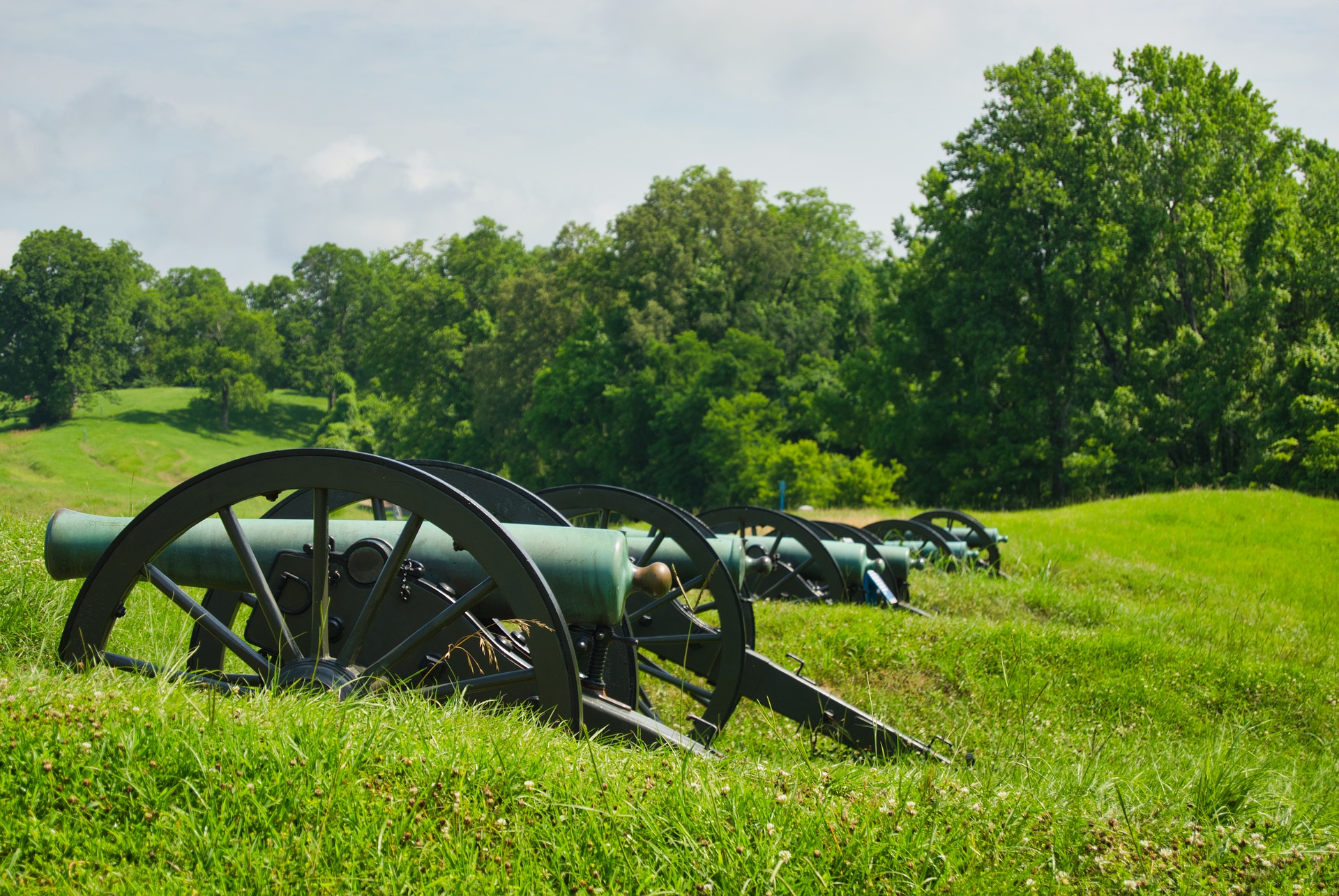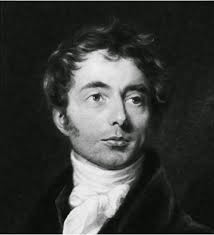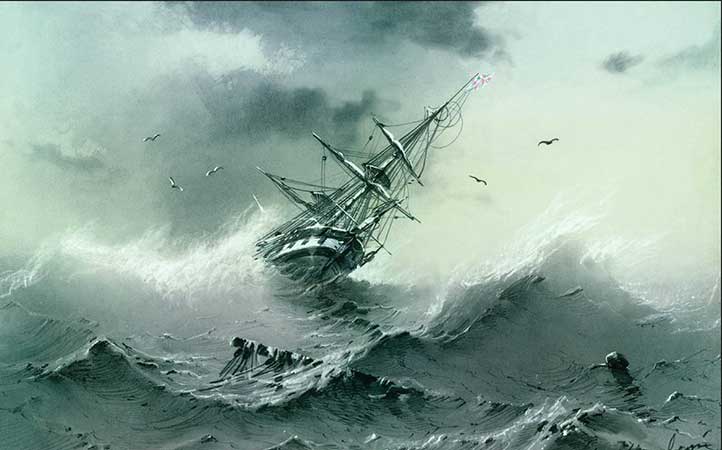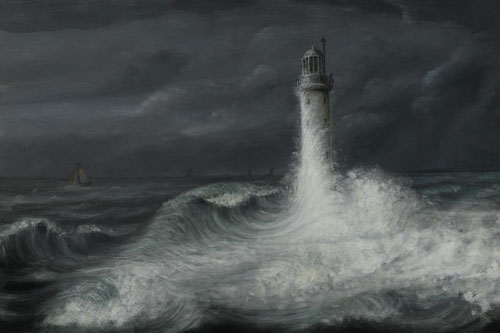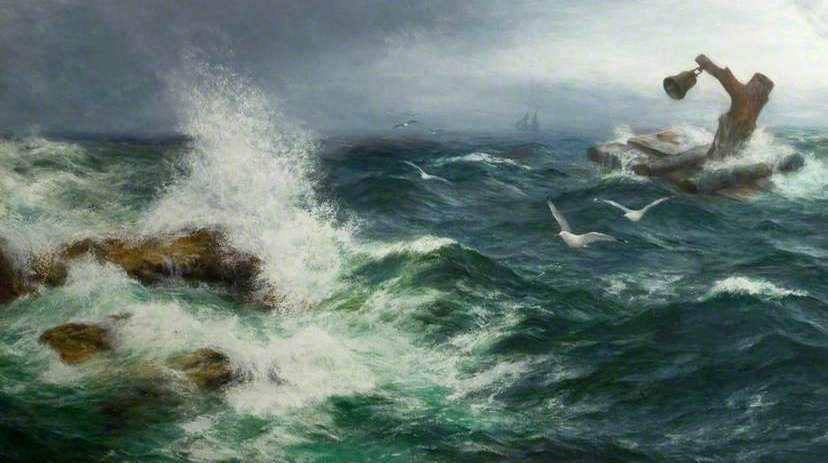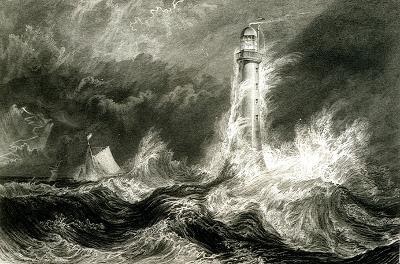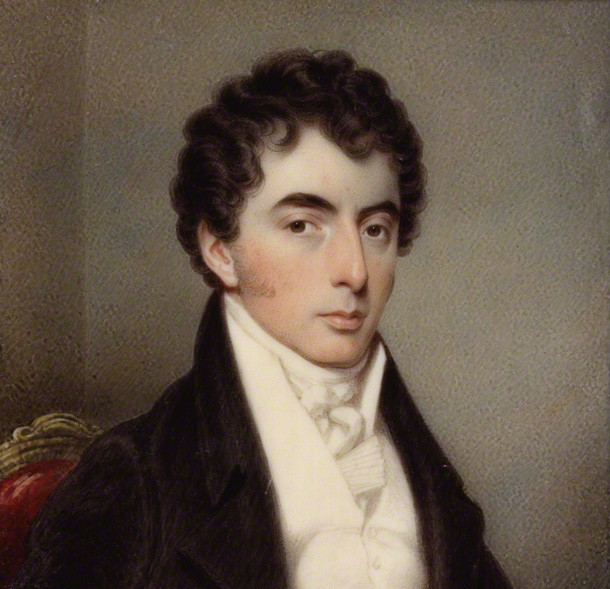“After Blenheim” is an anti-war poem by Robert Southey. This poem describes the Battle of Blenheim that took place in the year 1704 through a conversation between an old man and his grandchildren. This poem depicts a common man’s ignorance about the causalities of war and the pointless grandeur of it.
After Blenheim Stanza-wise Summary
Stanza 1- The first stanza begins with a picturesque description of a summer evening. The poet introduces the main character of the poem; old Kasper had just finished his work for the day and was sitting in the sun before his cottage door, watching his granddaughter Wilhelmine play on the field.
Stanza 2- While playing, Wilhelmine saw her brother Peterkin rolling something “large, smooth and round” which he had found beside the stream. He was curious to know what that thing was and thus turned to his grandfather for information.
Stanza 3- Old Kasper took the “large, and smooth, and round” thing from his grandson’s hands and shook his head with a sigh as he figured that it was some “poor fellow’s skull” who had died in the war. It is ironic that he refers to the battle of Blenheim as a “great victory” at the cost of loss of human lives.
Stanza 4- Kasper goes on to mention that he had found many such skulls while ploughing the land as thousands of soldiers were killed in the victorious war. The dead bodies of these soldiers lie in the fields unnoticed. However, Kasper’s use of the term “great victory” expresses his pride at the sacrifice of the soldiers who played a vital role in the war.
Stanza 5- The children were excited to know more about the war. They were curious to know about the purpose of the war. They had associated a sense of thrill, adventure, and excitement with the idea of war and sacrifice. Little Wilhelmine looked up to her grandfather in anticipation with “wonder-waiting eyes”. In this stanza, the poet attempts to distinguish the kind of curiosity and enthusiasm associated with a child.
Stanza 6- The battle of Blenheim was one of the major battles of the war of Spanish succession in which the English successfully defeated the Franco-Bavarian army. Kasper takes pride in the “great victory” but he is unable to tell his grandchildren the reason behind the war. He did not even try to find the purpose behind it. He just chose to know what others told him regarding the war – that it was a “famous victory”.
Stanza 7– In this stanza, we observe Kasper recollecting the memories of his past. He tells the children that his father used to live at Blenheim. The French soldiers burnt the homes of several innocent people among which was his father’s. This destruction forced the people to leave the village and search for a safer place. Kasper’s father, thus, fled with his wife and young Kasper in search for shelter but he was unable to find a home because of the dreadful war. This rendered their family homeless.
Stanza 8- Stanza 8 highlights the horrific aspect of wars. The symbol of “fire” and “sword” embodies the evil spirit of human cruelty and destruction. The image of the death of pregnant mothers and new-born babies heightens the idea of the ruination of human beings caused by none other than men themselves. The idea is to express how thousands of innocent lives are taken in due course of a futile and meaningless war that is sure to bring only damage and destruction. The irony in the poem is made evident by Kasper as he says that these things are meant to happen at every battle where there is a “great victory”.
Stanza 9- The poet, through Kasper, goes on to describe the agony of war. He mentions the “shocking sight” of the battlefield that was full of dead bodies of the soldiers rotting in the sun. Through this image, the poet attempts to bring into consideration the indignity in the way the soldiers lay. They are reduced to a mere status of an inanimate object. There is no dignity, no glory in war; only misery. Even after such a terrifying aspect of the war, Kasper regards it as a “famous victory” which emphasizes the ignorance of the old man about the purpose and consequence of war.
Stanza 10- Duke of Marlbro was an English General. He was the commander of the British forces in the battle of Blenheim. Prince Eugene and Duke of Marlbro represented Britain in the battle and defeated the French at Blenheim. Kasper sang praises for the men who brought the “famous victory” to the nation. But Wilhelmine, confused at the meaningless praises, exclaims that the war was a “wicked thing”. For the first time in the poem, we see a disapproval of the false glory of war. But, shutting the little child, Kasper goes on to repeat the same thing. The war for him is not a wicked thing as long as it is a “famous victory”.
Stanza 11- Kasper boasts of the Duke for having won the war for them. Innocent Peterkin asks his grandfather what good comes out of such misery. Old Kasper is unable to answer the question of the child. All he can say is that it was a famous victory. This remark heightens the sense of irony in the poem as in spite of such cruelties and casualties, the old man sticks to his illogical belief that the war brought victory to them.
After Blenheim Poetic Devices-
1. Alliteration- It is a close repetition of consonant sounds, usually at the beginning of words. Southey uses alliteration to enhance the rhythm of the poem. For instance,
“Now tell us what ’twas all about,”
Young Peterkin, he cries;
And little Wilhelmine looks up
With wonder-waiting eyes;
“Now tell us all about the war,
And what they fought each other for.”
2. Irony- Irony is a statement or expression whose intended meaning is quite the contrary to the literal meaning. Situational irony occurs when something opposite to what’s intended happens. It is ironical that the old man glorifies war by stating the outcome as a “great victory” for a nation at the cost of such ravages and destruction. The poet uses irony in the lines when Old Kasper says “But ’twas a famous victory” and that it was a “great victory” but he does not know why — ‘I could not well make out,’ and “Why that I cannot tell”. No victory can come out of such civilian casualties and destroyed properties. The poet uses the terms like “famous victory” to enhance the sense of irony by emphasizing people’s ignorance of the pointlessness of war.
3. Metonymy – Metonymy is a figure of speech in which a thing or concept is referred to by something that is closely associated with it. For instance,
In the line “And by him sported on the green“, ‘green’ refers to the grassland. The poet associates green with grassland as the grass is green in color.
4. Archaism– Archaism is the use of archaic or obsolete words which are presently not in use anymore. For instance,
“Nay… nay… my little girl, quoth he”
5. Repetition- There is a repetition of the phrase “But things like that, you know, must be
After a famous victory” at the end of the 8th and the 9th stanza in order to emphasize on the ignorance of old Kasper regarding the futility of war and his description of it as a “famous victory”.
After Blenheim Central Idea
“After Blenheim” is an anti-war poem that is set in the background of the famous Battle of Blenheim (1704). This poem brings into consideration the tragic consequences of war. The poet employs the characters of an old man and his grandchildren to reflect on the horrors and drudgery of warlike loss of lives, burned houses, rotting corpses and civilian causalities like those pregnant women and new-born babies. Although old Kasper realizes the damage caused by the war, he repeatedly uses terms like “famous victory”, “great victory” to describe the outcome of the war. The gruesome descriptions of the war followed by the grandfather’s pride in it show how a common man is cut off from the politics and futility of wars. In the old man’s praises embody an ordinary citizen’s inability to realize the meaningless of the “great victory”. The children who are unable to grasp the essence of the praises for the war-heroes seem to ridicule old Kasper’s unconcerned attitude as they become the poet’s mouthpiece who expresses his disapproval of the disservice of wars.
Some online learning platforms provide certifications, while others are designed to simply grow your skills in your personal and professional life. Including Masterclass and Coursera, here are our recommendations for the best online learning platforms you can sign up for today.
The 7 Best Online Learning Platforms of 2022
- Best Overall: Coursera
- Best for Niche Topics: Udemy
- Best for Creative Fields: Skillshare
- Best for Celebrity Lessons: MasterClass
- Best for STEM: EdX
- Best for Career Building: Udacity
- Best for Data Learning: Pluralsight
